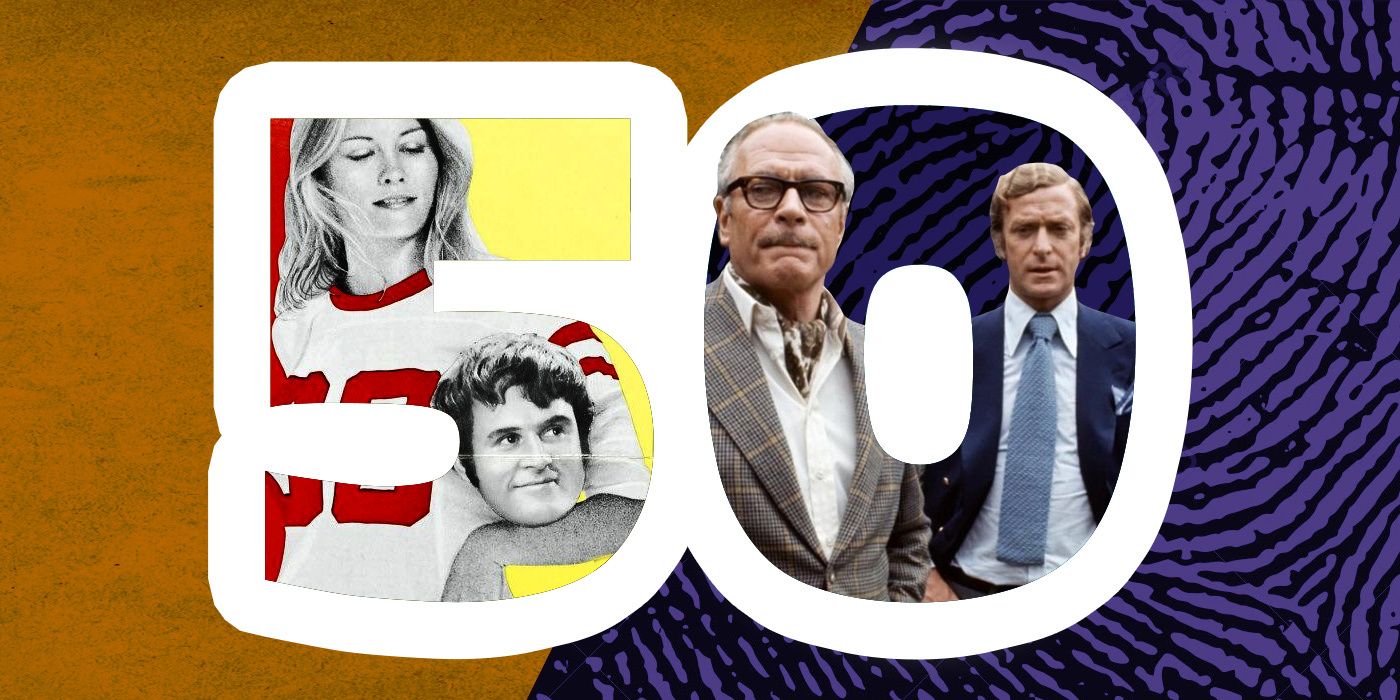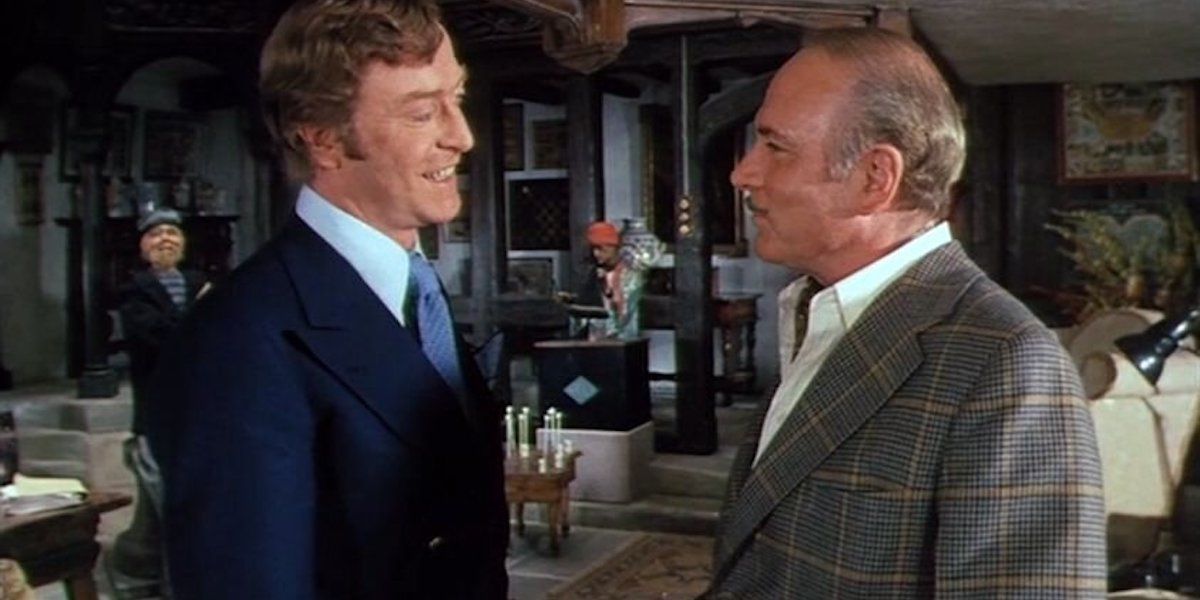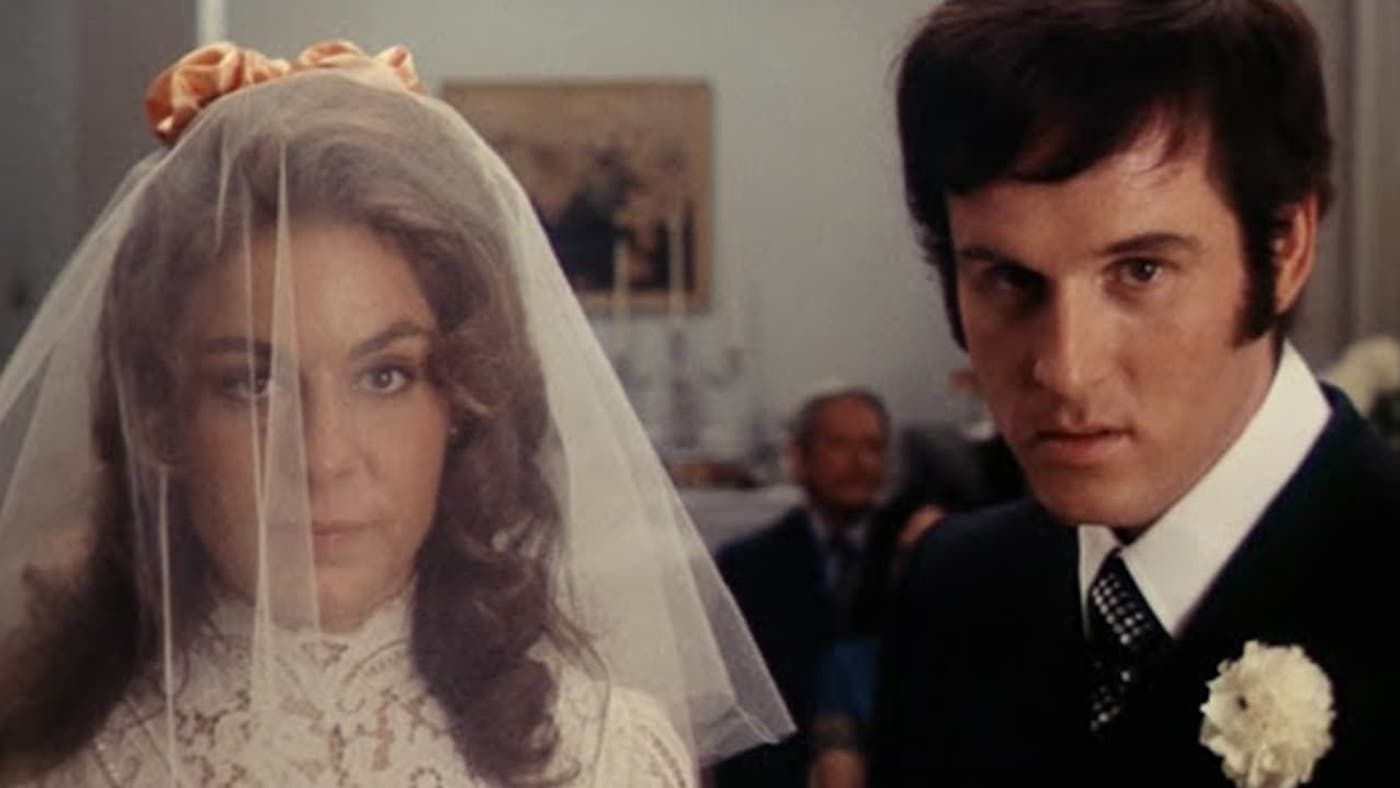For its 50th anniversary, we will be treated to a theatrical re-release of Francis Ford Coppola’s Oscar winning masterpiece The Godfather, along with 4K remasters of the entire trilogy on home video. 1972 brought us a whole host of terrific films we get to commemorate for their golden anniversaries. We have Bob Fosse’s genre redefining movie musical Cabaret, Peter Bogdanovich’s ode to the screwball comedies of the 1930s with What’s Up, Doc?, John Boorman’s harrowing survival film Deliverance, Sydney Pollack’s endlessly memed Jeremiah Johnson, and even the blockbuster adult film breakthrough Deep Throat. All of these films are easily accessible with the click of a button. You may have to shell out a few dollar rental fee for them, but they are there for you to watch.
Two exceptional films hitting their 50th anniversaries this year will be incredibly difficult to celebrate because of their lack of availability. Those films are the Elaine May directed black comedy classic The Heartbreak Kid and Joseph L. Mankiewicz’s delightful chamber piece thriller Sleuth. Both of these films have no streaming presence, whether that be on a particular service or for purchase, and they have no physical media release. If you want to be able to commemorate these films, you either have to find a bootleg rip of them on YouTube or purchase unreasonably expensive out of print or imported DVDs.
How could something like this happen? The Heartbreak Kid and Sleuth are not particularly obscure films. May's film was written by beloved playwright Neil Simon and stars Charles Grodin, Cybil Shepherd, Jeannie Berlin, and Eddie Albert, the latter two receiving Academy Award nominations for their performances. Sleuth received even more Oscar nominations with four, with Mankiewicz nabbing for Best Director, John Addison's exuberant score, and for its two lead actors Laurence Olivier and Michael Caine (heard of 'em?). In 2007, each of them even received their own terrible remakes. These movies are not ones that have simply fallen through the cracks, and no one has thought about them. So, why can they not be seen?
The Heartbreak Kid and Sleuth, released just a week apart from each other in December 1972, were both produced by a company called Palomar Pictures International. In the late 1960s and early 1970s, production companies were popping up all over the place with the rise of the New Hollywood, where it was viable for a small film that cost very little to end up making a good chunk of change at the box office. Palomar Pictures International was a subsidiary of the American Broadcasting Company that formed in 1968. Just on year later, Palomar dissolved its relationship with ABC, and naturally, a pharmaceutical company became the majority stakeholder. You read that correctly. Bristol-Myers (now Bristol-Myers Squibb), a pharmaceutical company, wanted to get in on the film producing business. Even though Palomar stopped after a couple of years, with their final theatrical film being the original 1975 The Stepford Wives, the rights to those films still are held by that pharmaceutical company.
What complicates matters further here is not every Palomar Pictures International film has met the same fate as The Heartbreak Kid and Sleuth. Palomar also produced The Taking of Pelham One Two Three, and that films is easily accessible through digital rentals and has a very nice Blu-ray release. Sydney Pollack's Oscar winning film They Shoot Horses, Don't They? currently has a Blu-ray but absolutely no digital presence. The aforementioned The Stepford Wives is only available to watch on Tubi. There is absolutely no consistency to how any of their films are handled. Presumably, these varying outcomes come from the deals Palomar struck up with the different distributors.
The Taking of Pelham One Two Three was distributed by United Artists, They Shoot Horses, Don't They? by the Cinerama Releasing Corporation, and The Stepford Wives by Columbia Pictures. Each company negotiated its own deal with Palomar for how those films could be released. The Heartbreak Kid and Sleuth were both distributed by 20th Century Fox, and it seems the deal they struck was not all that beneficial to Fox for getting these films out into the world for people to see. As for renegotiating those deals, that seems to be a nonstarter. There is not a lot of profit to be found in the re-releasing of two old movies, not to mention the cost they would have to put in on properly restoring them for a decent release of any kind. Bristol-Myers Squibb, being a large pharmaceutical company, can outgross whatever those two movies would make from digital rentals without ever lifting a finger. Financially, there is not much reason for them to even acknowledge those pictures, even if giving them the opportunity for a proper platform would be culturally and artistically enriching for the world.
In the streaming era, we are certainly spoiled for choice. People spend half an hour scrolling through various services looking for something to watch, and sometimes, all they do is scroll and never end up watching anything. Because we subscribe to so many streamers, from Netflix to Hulu to HBO Max to Criterion Channel to Shudder to whatever your wallet can handle, we have this sense that anything our heart desires is just a click away. Gate keeping has been eradicated, and the Internet has democratized every piece of media. Of course, this could not be further from the truth. Large swaths of film history are completely absent from digital platforms and physical media. You may have the option to endlessly scroll and find something to watch, but if you are looking for something specific, you may not always find it.
The Heartbreak Kid and Sleuth are truly great cinematic achievements, and if you have the means to procure difficult to track down copies of them, you absolutely should. These films not only are high watermarks of their respective genres, but they have been immensely influential works for filmmakers today. Without Sleuth, you would not have something like Rian Johnson's superb murder mystery Knives Out (which even features a prop from Sleuth), and without The Heartbreak Kid, who knows what the state of cringe comedy would look like today? Unfortunately, these films that should be receiving a ton of retrospective screenings, new home video releases, and celebratory articles written about them over the course of this year are becoming lost to time in an era when they should be available with the click of a button. A film being just as effective as it was 50 years ago is a remarkable achievement, and The Heartbreak Kid and Sleuth absolutely fit that bill. It is a real shame that more people will not be able to know that.



